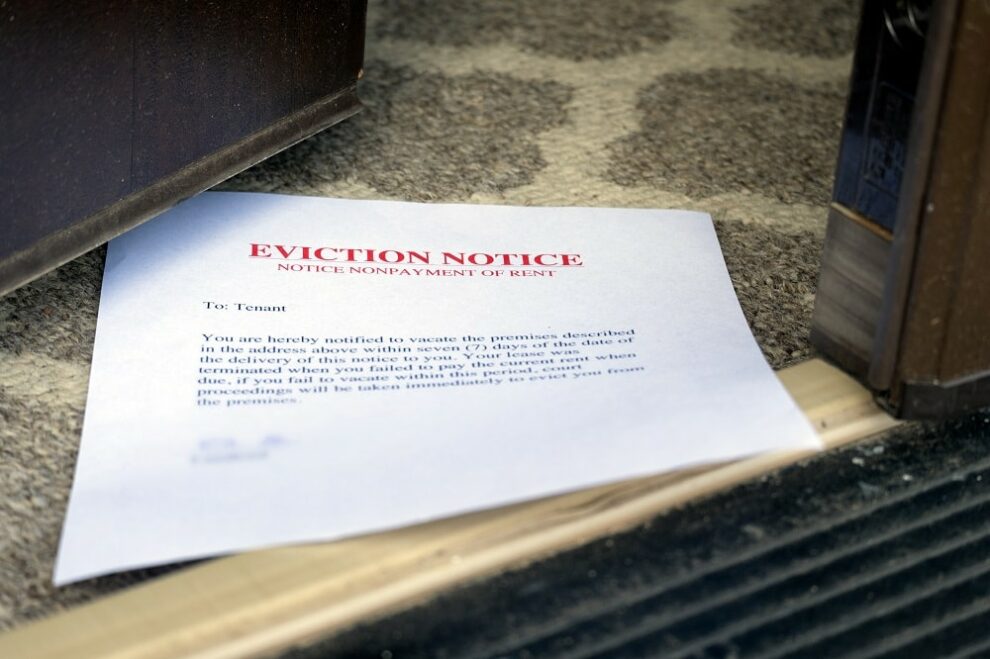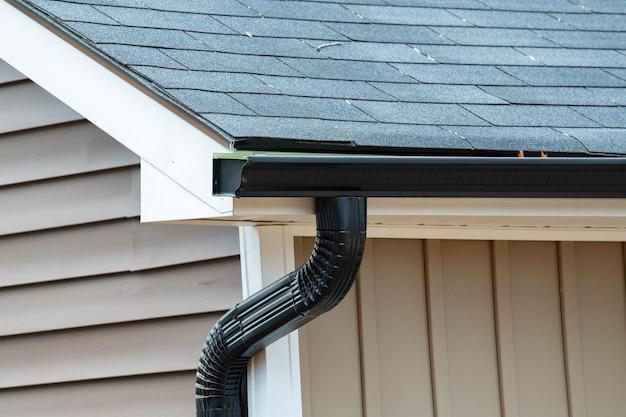Just because a relationship between a landlord and a tenant can be strained by words or actions, that doesn’t mean the lease agreement can be legally broken before it concludes.
Dealing with a tough tenant can be a hassle for landlords. But if the landlord intends to rid the tenant from the property, they must ensure they do so legally. If not, a landlord may end up paying a whole lot more than a few month’s rent and damage to the property.
This is everything you need to know about legal grounds for eviction and when a landlord just has to ride it out through the end of the lease agreement.
Can a Landlord Evict You for No Reason?
In most states across the U.S., a landlord cannot evict a tenant, who has signed a lease agreement, before the end of that agreement.
If the tenant is on a month-to-month lease, the landlord may terminate the lease without notice, but they still cannot evict a tenant for no reason before a month is over that has already been paid for.
Can a Landlord Evict You Without a Court Order?
While each state has its own set of laws that protect renters, many do not allow a landlord to evict a tenant prior to getting a court order. Before securing a court order, landlords may not shut off utilities, change the home’s locks or try to keep you out of the home.
Can a Landlord Evict You Immediately?
Even if you’re behind on rent or you’ve caused irreversible damage to the property that calls for an eviction, the landlord must still give a written eviction notice to a long-term tenant if they plan to evict them.
Again, if a tenant is on a month-to-month lease and it is the end of the month, a landlord can evict you. But it’s still not immediate. Chances are you’d know the intentions of a landlord’s vision to evict before the month ends.
But let’s say you’re on a month-to-month lease, July ends and you fail to pay August’s rent past the allowed time period, a landlord may be able to evict you immediately. If you’re going through a situation like this, it’s always recommended to call an attorney before you vacate the property.
Reasons Landlord Can Evict Tenant?
1. Violation of Lease Agreement
One of the most common reasons for eviction is when a tenant violates the lease agreement. This is an evictable offense that has many faces and usually holds up in court in the landlord’s favor.
While each lease is different, and there are no universally accepted terms in every lease agreement, tenants must read the agreement thoroughly if they want to remain in their home. A violation of the smallest agreement could be cause for eviction.
Some of the most common violations of lease agreement terms are having unauthorized pets in the home, unapproved occupants or subleasing, noise or nuisance complaints and improper use of the home, such as running an unapproved business out of the residence.
2. Causing Significant Damage to Property
Property damage is a big red flag for landlords because it could be a sign of negligence on the tenant’s behalf, which could lead to more extensive damage in the future.
While damage to a rental property is often unintended, some of it can be evictable offenses. If a tenant installs a TV mount on the wall (with prior approval from the landlord) and that mount falls off the wall and tears out part of the wall, that is usually not considered property damage that would cause eviction.
If a tenant installs tiki torches on a balcony that cause smoke or fire damage, they may receive a warning from the landlord before they decide to proceed with the eviction.
On the other hand, if a tenant decides they want more of an open-air kitchen and tears down the wall separating the living room from the kitchen, the landlord probably won’t take too kindly to the measure and will then begin the eviction process.
3. Nonpayment of Rent
The most common reason for eviction (and a landlord’s worst nightmare) is nonpayment of rent. It’s also the most widely won case of eviction because the concept is much simpler. If a tenant doesn’t pay the rent, they cannot stay in the home.
The reason for eviction is simple, easy and straight to the point. If the tenant is unwilling to leave the premises, however, it could result in a battle that spans multiple months and often leaves the landlord paying out of pocket for the mortgage.
It’s also important that you understand nonpayment of rent is different from nonpayment of a late fee. If a tenant is behind on their late fees, that is usually not an offense relegating eviction from the residence.
4. Illegal or Drug-Related Criminal Activity
Tenant dealing drugs out of a rental home? Yup, that’s an offense worth evicting, and it usually results in a criminal conviction as well. If a tenant is doing anything illegal in the property, a landlord can terminate the lease.
Some states even allow for a landlord to evict a tenant as early as 24 hours after a drug-related or criminal offense is committed.
5. Health or Safety-Related Hazards Caused by Tenant
If a tenant is running electrical wires all throughout the home, powering space heaters because they refuse to pay the actual heating bill, and it causes a hazard to the home or safety of those living inside or next door, landlords can evict a tenant.
While there are many more reasons for a landlord to evict a tenant who creates health or safety-related hazards in the home or on the exterior of it, hoarding may not be deemed an eviction-worthy offense if the tenant has been diagnosed with a mental illness.
Since each state has its own set of laws designed to protect tenants and landlords, it’s best to consult an attorney or read through the state-specific laws before beginning the eviction process. The last thing you’d want to do is illegally evict a tenant and be on the hook for a whole lot more than a month’s rent.








Add Comment